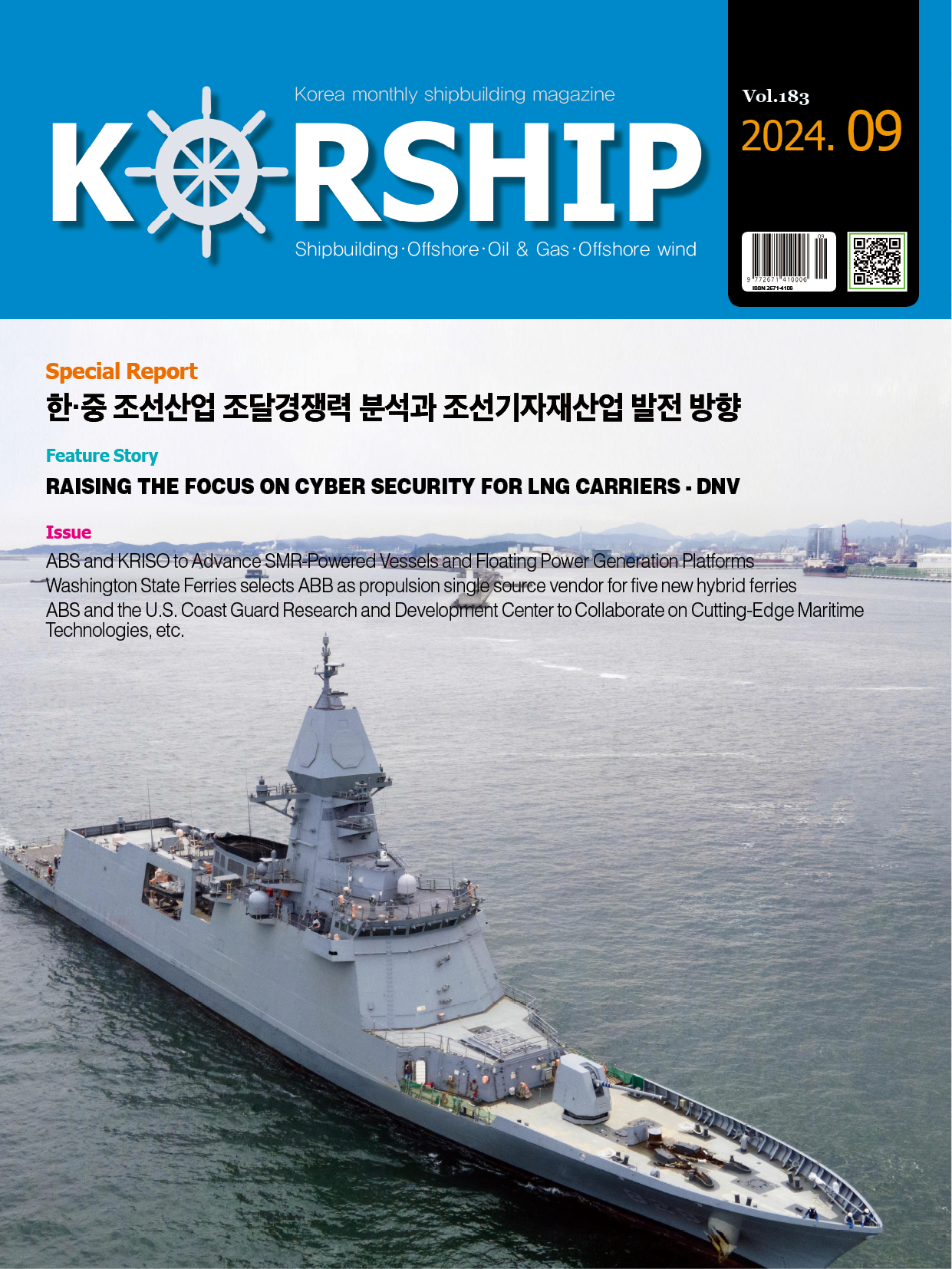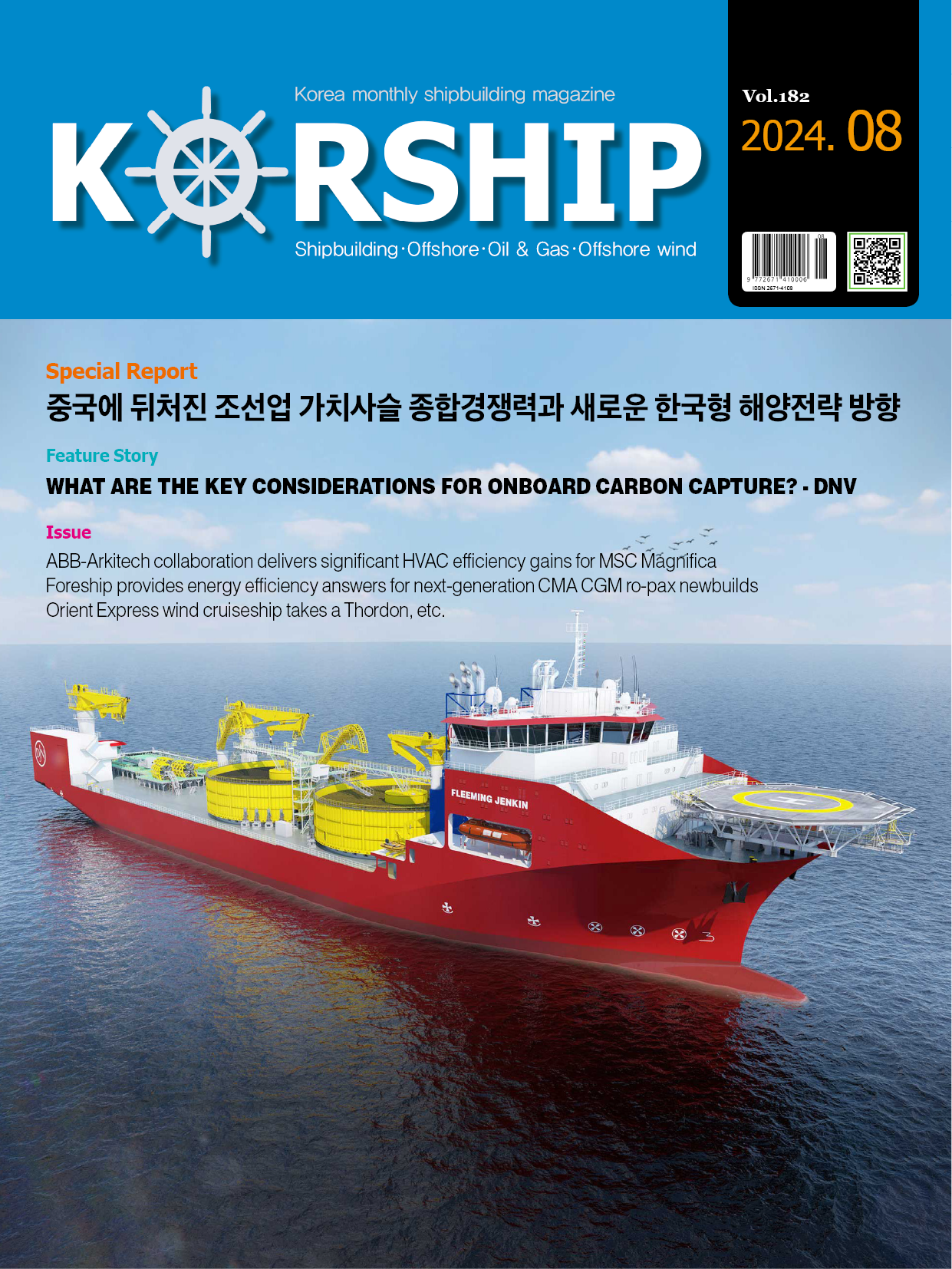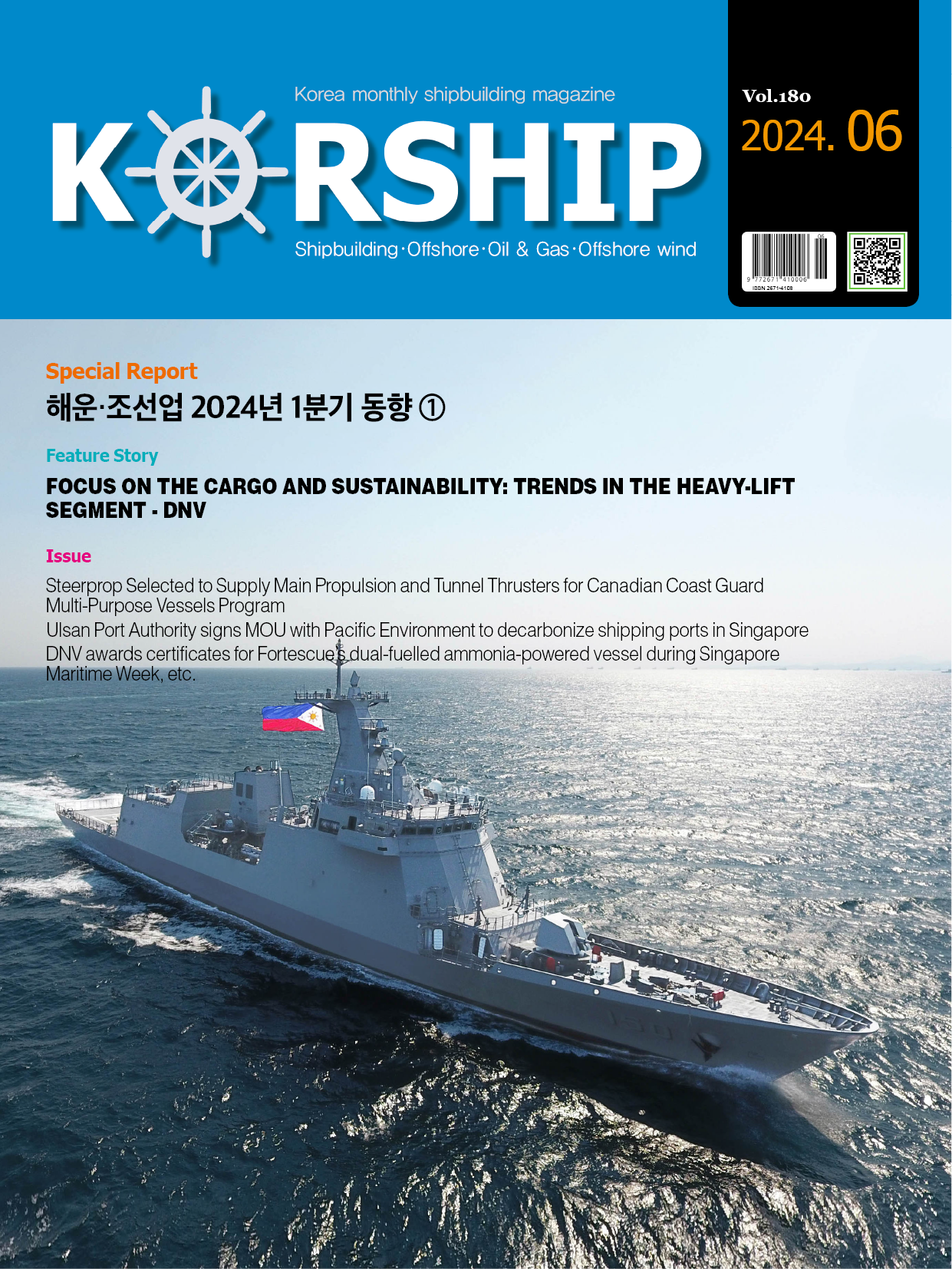Business News Adoption of Situational Awareness Systems reduce collisions and claims
페이지 정보
작성자 최고관리자 댓글 0건 조회 953회 작성일 24-07-16 15:22본문
Groke Technologies is calling on marine insurers, P&I Clubs and regulators to encourage the widespread adoption of ship situational awareness systems as way of mitigating the rising number of claims relating to collision and other accidents attributable to human error.
The clarion call comes amid growing concern amongst insurers that a myriad of external factors, including the shortage of seafarers, and a general increase in ship traffic, could result in more ship collisions and related incidents at sea.
Citing a ship safety report published in late 2023 by Allianz Global Corporate & Specialty, Bergring says 17% of all marine insurance claims between January 2017 and December 2021 were attributed to collision, foundering or sinking.
Casualty investigations carried out by the European Maritime Safety Agency(EMSA) also found that collision is second only to power loss as the main cause of ship incidents. The organisation found that the most very serious collision-related accidents happened at night(50%), twilight(12%) or bad weather in daytime(9%).
Bergring says contributing factors include bad weather, poor visibility, watchkeeper fatigue and information overload, and congestion, especially in waters around the British Isles, South China Sea, and Singapore Strait – all risk factors that can be substantially reduced using situational awareness systems.
With increasing use of digital shipping technology, combined with a global shortage of experienced officers and crew, Bergring anticipates that integrated ship situational awareness technology will be a mandatory IMO requirement by 2028.
Groke Technologies’ Ship Situational Awareness System is based on unique sensor fusion technology that fuses data from the ship’s navigational systems namely Radar with Groke Pro’s AIS, GNSS, and thermal and visual cameras, to provide bridge crews with a clearer picture of the vessels surroundings, day and night.
Alerting watchkeepers of potential collision risks, objects and hazards, the Groke Pro system is unlike typical digital watchkeeper solutions in that it provides real-time risk analysis capability, presenting crews with crucial as-it-happens information on which to base navigational decisions and plan routes more efficiently.
Shipping companies that have already installed the technology include Mitsubishi Corporation, Uyeno Transtech, Tsurumi Sunmarine, Asahi Tanker, Tokyo Kisen, K-Line and U-Ming Marine. It is also being used to full effect on the MC Shipping-owned, Cargill-operated Pyxis Ocean, the wind-assisted bulk carrier.












